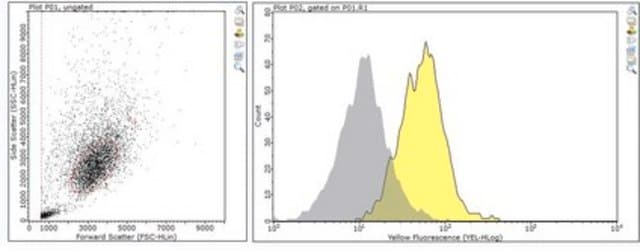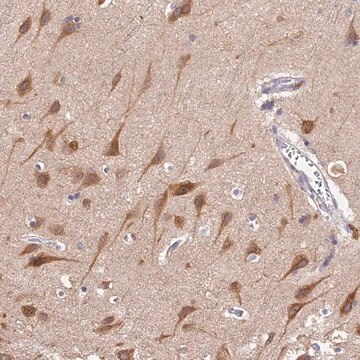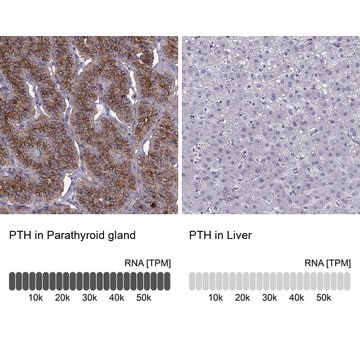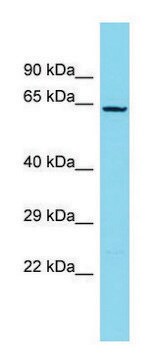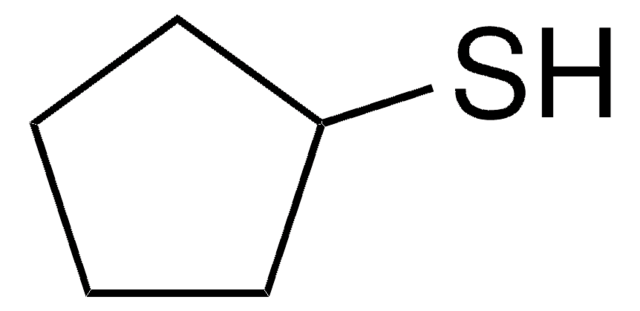MABF2033M
Anti-CD31/PECAM-1.3 Antibody, clone MBC 78.3
clone MBC 78.3, from mouse
Synonym(s):
Platelet endothelial cell adhesion molecule, PECAM-1, EndoCAM, GPIIA′, PECA1, CD31
About This Item
Recommended Products
biological source
mouse
Quality Level
antibody form
purified antibody
antibody product type
primary antibodies
clone
MBC 78.3, monoclonal
species reactivity
human, canine
packaging
antibody small pack of 25 μg
technique(s)
flow cytometry: suitable
immunohistochemistry: suitable
immunoprecipitation (IP): suitable
western blot: suitable
isotype
IgG1κ
NCBI accession no.
UniProt accession no.
target post-translational modification
unmodified
Gene Information
human ... PECAM1(5175)
Related Categories
General description
Specificity
Immunogen
Application
Flow Cytometry Analysis: 1 µg from a representative lot detected CD31/PECAM-1.3 in THP-1 cells.
Western Blotting Analysis: A representative lot detected CD31/PECAM-1.3 in Western Blotting applications (Zhao, T., et. al. (2001). J Cell Biol. 152(1):65-73).
Agonist or Inhibitor Analysis: A representative performed agonist or Inhibitor function (Newton-Nash, D.K., et. al. (1999). J Immunol. 163(2):682-8; Reedguist, K.A., et. al. (2000). J Cell Biol. 148(6):1151-8).
Immunoprecipitation Analysis: A representative lot detected CD31/PECAM-1.3 in Immunoprecipitation applications (Newman, D.K., et. al. (2016). Sci Signal. 9(418):ra27).
Immunocytochemistry Analysis: A representative lot detected CD31/PECAM-1.3 in Immunocytochemistry applications (Newman, D.K., et. al. (2016). Sci Signal. 9(418):ra27; Zhao, T., et. al. (2001). J Cell Biol. 152(1):65-73).
Inflammation & Immunology
Quality
Immunocytochemistry Analysis: A 1:500 dilution of this antibody detected CD31/PECAM-1.3 in un-permeablilized THP-1 cells.
Target description
Physical form
Storage and Stability
Handling Recommendations: Upon receipt and prior to removing the cap, centrifuge the vial and gently mix the solution. Aliquot into microcentrifuge tubes and store at -20°C. Avoid repeated freeze/thaw cycles, which may damage IgG and affect product performance.
Other Notes
Disclaimer
Not finding the right product?
Try our Product Selector Tool.
Storage Class Code
12 - Non Combustible Liquids
WGK
WGK 2
Flash Point(F)
Not applicable
Flash Point(C)
Not applicable
Certificates of Analysis (COA)
Search for Certificates of Analysis (COA) by entering the products Lot/Batch Number. Lot and Batch Numbers can be found on a product’s label following the words ‘Lot’ or ‘Batch’.
Already Own This Product?
Find documentation for the products that you have recently purchased in the Document Library.
Our team of scientists has experience in all areas of research including Life Science, Material Science, Chemical Synthesis, Chromatography, Analytical and many others.
Contact Technical Service